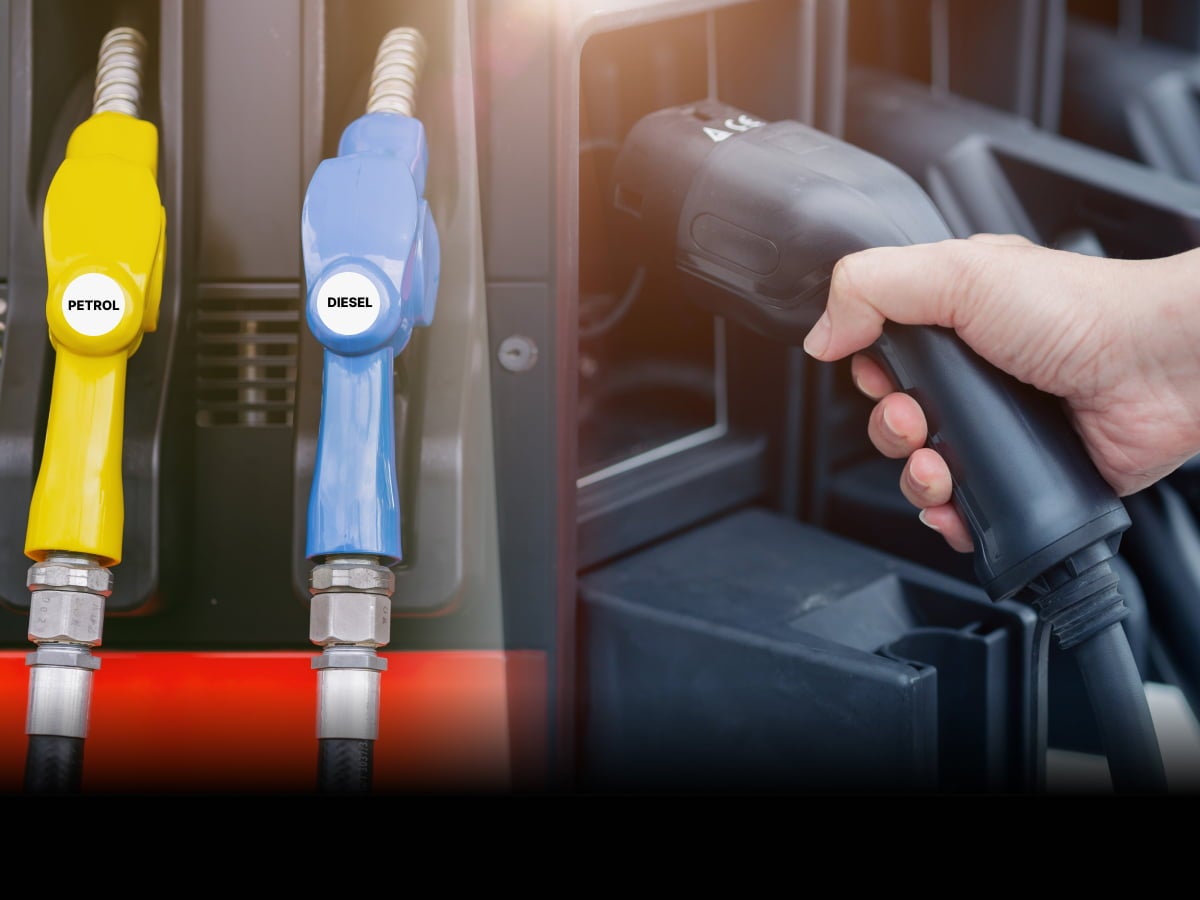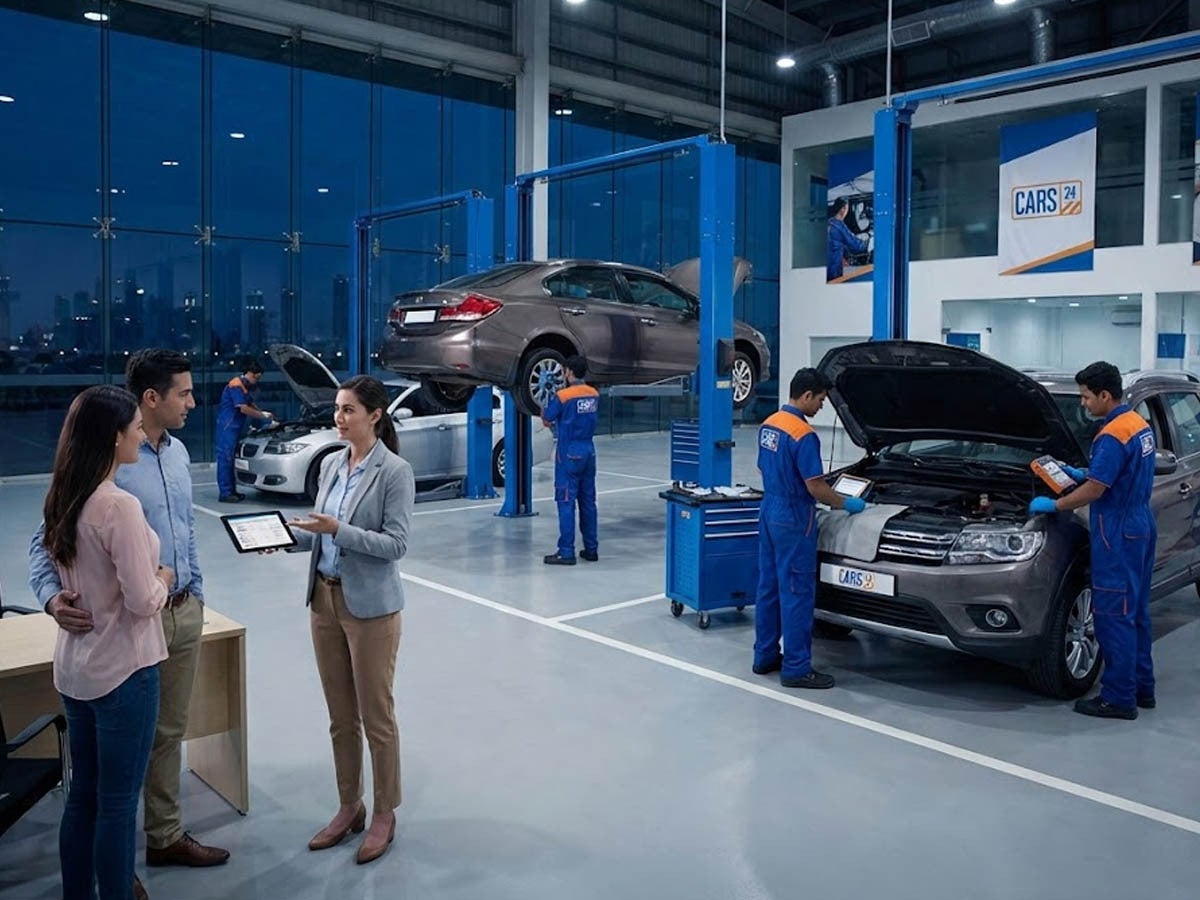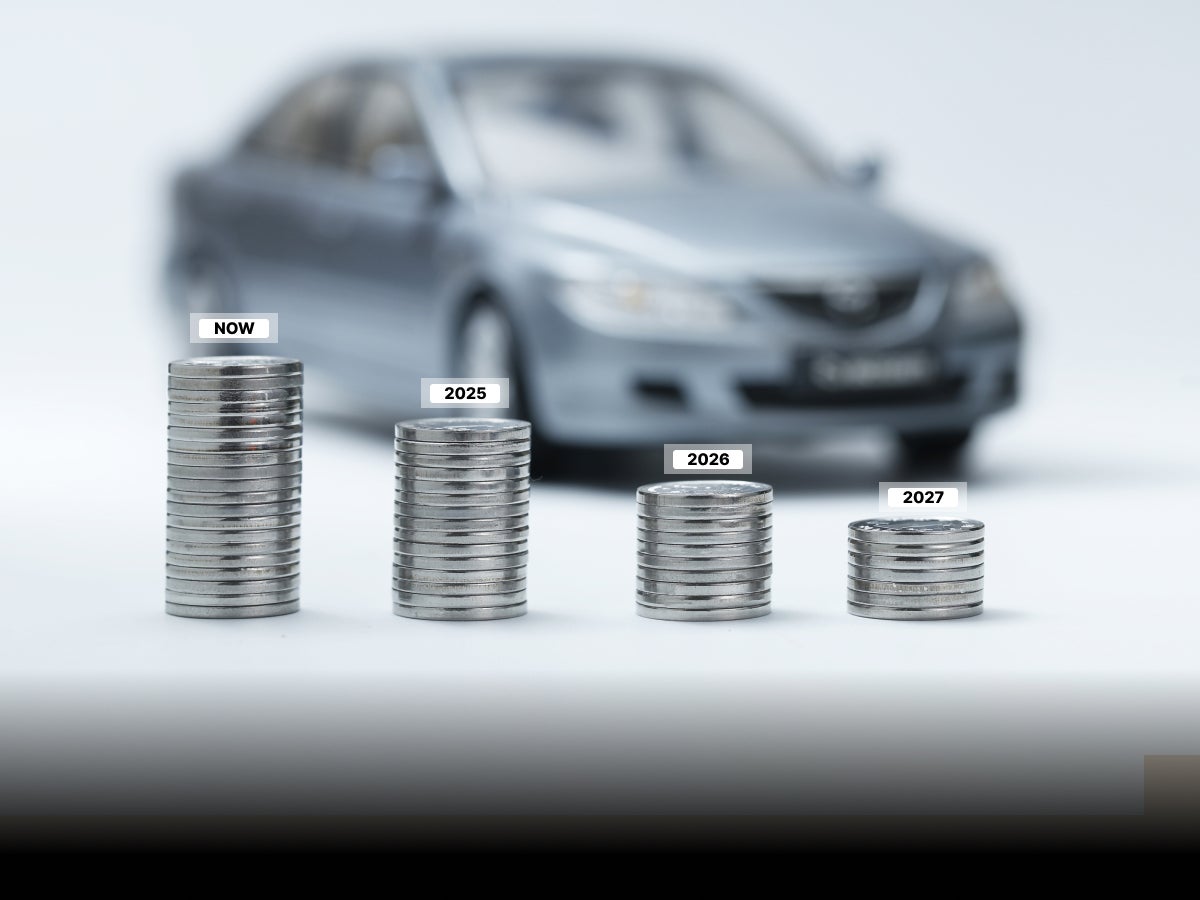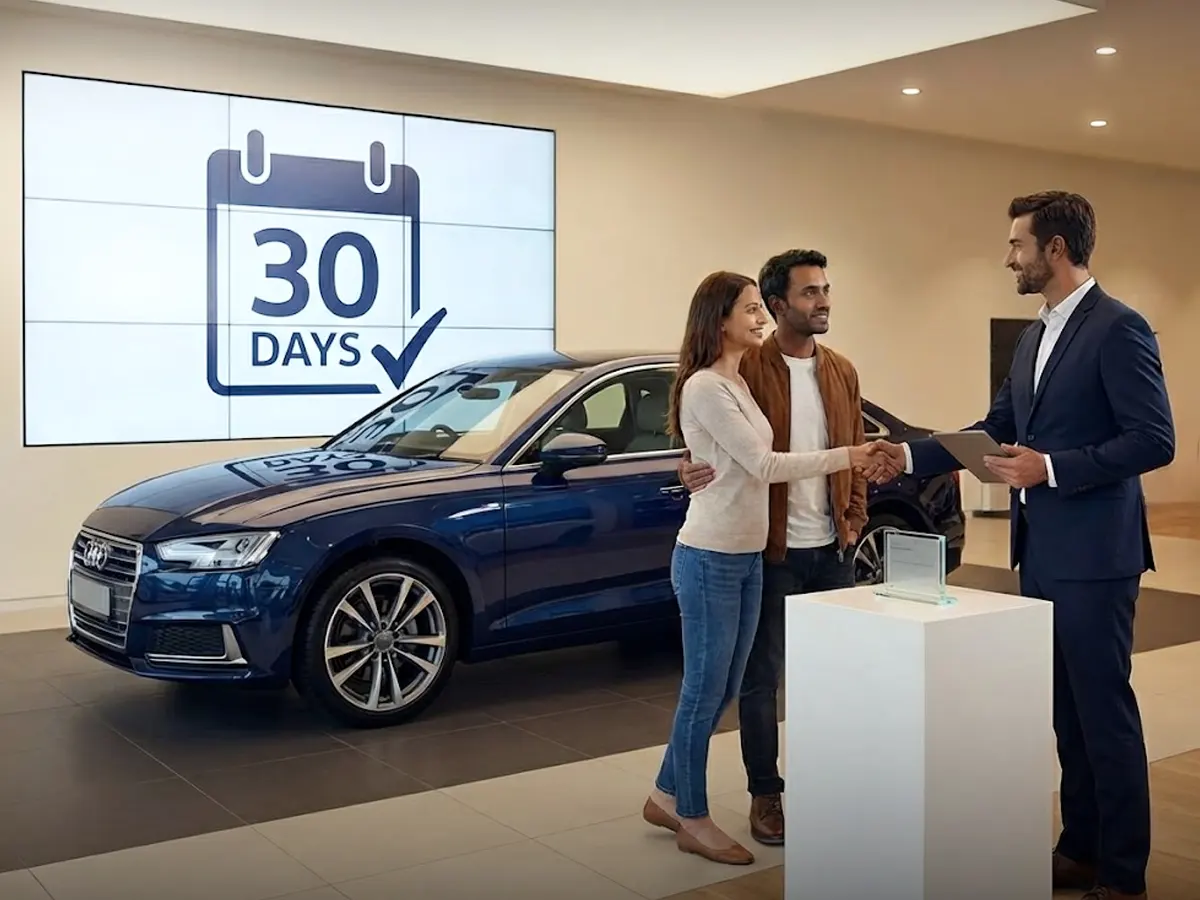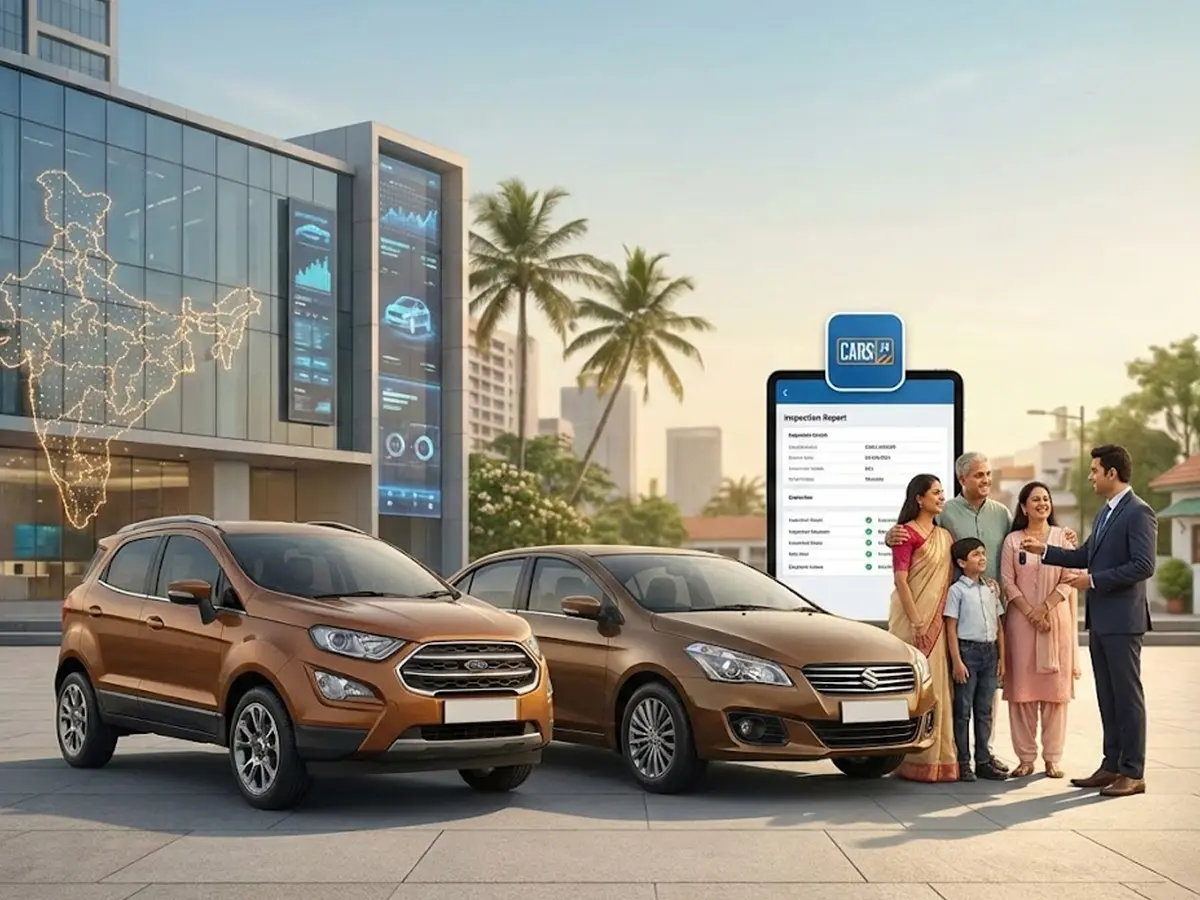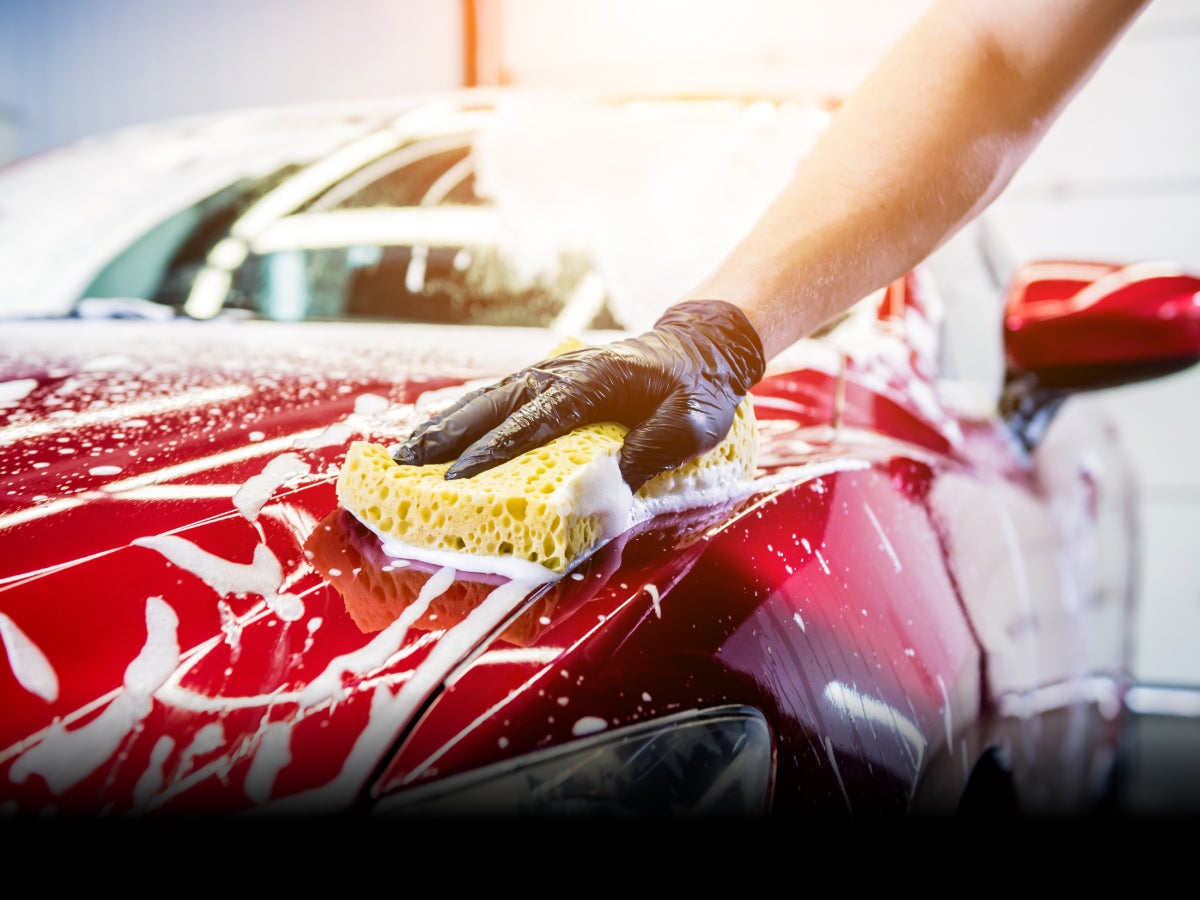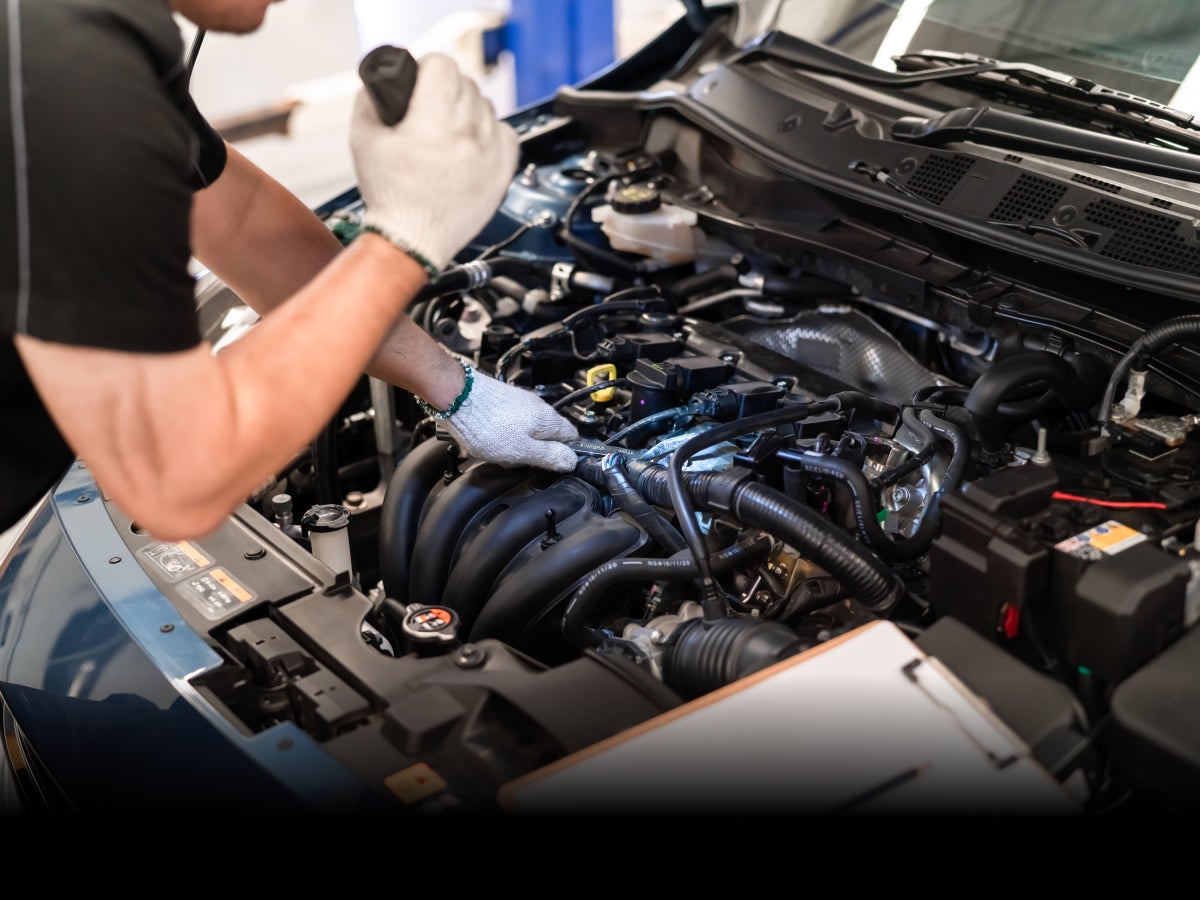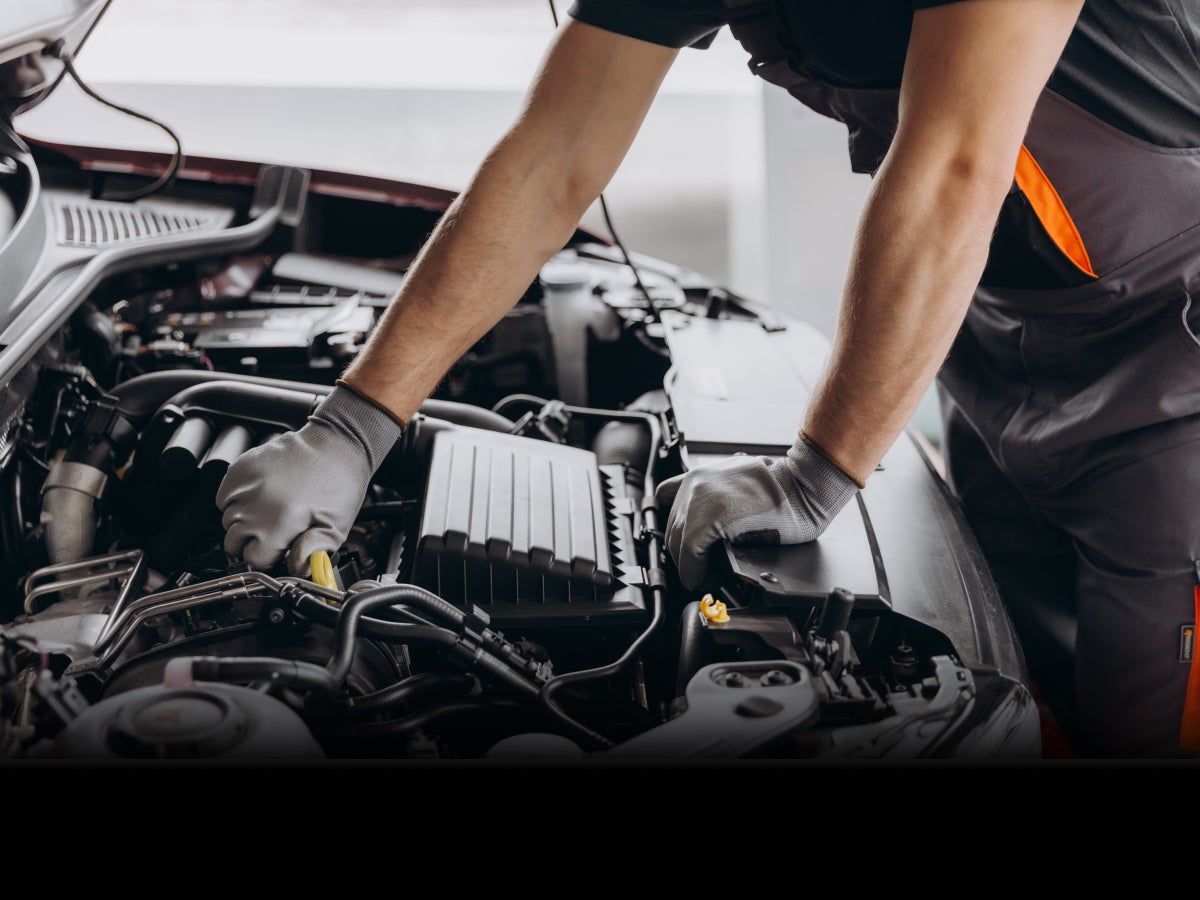

Sell Your Car At the Right Time: The Hidden Costs of Holding For Too Long
Owning a car is exciting in the early years. You enjoy the smooth drive, the fresh interior, and the confidence of having a reliable machine at your service. However, every car ages over time, and many owners face the same dilemma: should I sell it now or hold onto it for a few more years? In actuality, holding a car for an extended period of time can negatively impact your finances in ways you might not be aware of right away. Waiting longer results in less value and higher operating and repair costs.
This guide takes you through the right time to sell your car and uncovers the hidden costs of keeping it beyond its peak value. By the end, you will know exactly why timing matters and how to avoid losing thousands of rupees by clinging to an ageing vehicle.
Why The Right Time To Sell Your Car Matters
One of the assets that will depreciate the fastest in your life is a car. Its value starts to decrease as soon as it leaves the showroom floor. The price of your new car can be lowered by up to 15% to 20% by the end of the first year. The car's value steadily declines over the next four to five years, until it is only a small portion of what it was originally purchased for.
Selling your car at the right stage ensures you capture the best possible resale value before the decline becomes too steep. Buyers often prefer cars that are less than five years old because they see them as safer and cheaper to maintain. Beyond that window, demand drops, and the resale price shrinks drastically.
Think of your car’s worth like fresh fruit. It tastes best when eaten at the right time. Keep it for too long, and it loses freshness and appeal, no matter how much care you give it.
The Hidden Costs Of Holding Your Car For Too Long
There are many ways you can lose money on your car as it ages. Here, we discuss major costs that you will have to endure as your vehicle ages, and you have to spend a lot on it to keep it running.
Escalating Maintenance Bills
When your car is new, most problems are rare, and servicing costs stay manageable. As the years roll by, components wear out and need expensive replacements. Suspension parts, clutch plates, brake rotors, or even the air conditioning system can demand significant spending. A single repair can run into tens of thousands of rupees and may exceed the resale value you would have received had you sold earlier.
Lower Insured Declared Value
Insurance is another hidden expense many owners overlook. While the insured declared value of your car decreases with age, certain premium costs do not reduce at the same pace. Older cars also lose eligibility for specific add-on covers like zero depreciation. This means you pay a sizeable premium while receiving weaker protection. The balance tilts against you, leaving you with more expenses and less security.
Reducing Fuel Efficiency
Newer vehicles usually come with improved engines and better mileage. Older cars begin to lose fuel efficiency due to ageing parts and outdated technology. Also, as an engine ages, its cylinder compression loss occurs, which reduces the fuel efficiency over time.
An extra litre of fuel consumed every few trips might seem small, yet over a year it adds up to thousands spent unnecessarily. At current petrol and diesel prices, this difference creates a strong financial push to switch to a newer, more efficient car. As the car is inspected, its reduced fuel efficiency will be uncovered and further reducing the resale value.
Scarcity Of Parts And Service Challenges
As car models grow older, manufacturers gradually reduce production of spare parts. Dealers may stop stocking them altogether. This leads to long waits, higher costs, and dependence on aftermarket parts that may not last as long and reduces the vehicle’s reliability. What once was a quick and affordable repair can turn into a frustrating and expensive ordeal. Buyers also factor this into their decision, lowering the resale value further.
Regulatory And Legal Risks
In India, regulations pertaining to vehicle age are getting more stringent. Many states impose restrictions, such as 15 years for private vehicles and even less for commercial vehicles. Re-registration becomes challenging or impossible once your car reaches this point.
Older cars are being removed from the road more quickly as a result of the government's scrappage policy. You risk being stuck with a vehicle that has virtually no legal resale value if you hold onto it for an extended period of time.
Missed Opportunities To Upgrade
Car companies regularly roll out new features, safety technology, and finance offers. Waiting too long means missing out on attractive exchange bonuses or buyback guarantees that apply to relatively newer cars. Selling at the right moment allows you to take advantage of these schemes and step into a better vehicle at a lower overall cost.
The Depreciation Cliff
Cars which are 5 to 7 years old hold their resale value respectability, but as the car reaches the 10-year mark, its value depreciates sharply owing to the reasons mentioned above. Vehicles which are over 10 years old don’t have enough features, fuel efficiency, or reliability left in them to command a respectable resale value. If you have a car which is over 10 years old, attract buyers mostly from tier 2 and tier 3 cities with lower spending capacity.
The Best Time To Sell Your Car
Considering the above points, we can draft out the best time to sell your old car. If your car is around 7 to 8 years old, it can still fetch a resale value in the used car market. If you drive the vehicle more frequently and the odometer is inching closer to the 60,000 km mark, it would be best to sell your car and get a great value to purchase a new car with better features and efficiency.
When It Still Makes Sense To Hold
Of course, there are exceptions. If your car is fully paid off and your usage is very low, it might be cheaper to keep it. Some vehicles hold emotional value or may even gain collector appeal over time. In such cases, the financial logic is not the only factor. However, for most everyday drivers, selling at the right point remains the smarter choice.
Conclusion
Your car gives you freedom, but it also silently eats into your finances when kept too long. Depreciation, repairs, insurance, and regulations all combine to reduce its worth while raising your expenses. By recognising the right window and acting on time, you protect your money and enjoy the benefits of an upgrade without being burdened by mounting costs.
Frequently Asked Questions
Expand all

